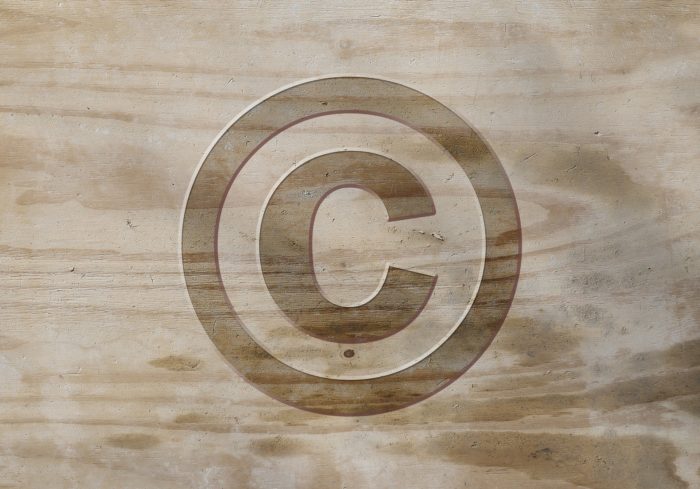Your brand, your business, and the products or services that you sell need to have a face. This is what a trademark represents. Customers will most often trust trademarks when they buy something because that mark promises a product of a certain quality. You shouldn’t mix up trademarks with copyrights. A copyright protects your idea, but a trademark consists of words, symbols, and designs that identify your brand and discern it from others. Essentially, a trademark is your business’ reputation, and what makes you stand among your competitors. This is why it is essential that you protect it the best way you can.
You need to have both a defensive and an offensive approach. The defense consists of using your trademark properly, tracking if anyone infringes it, and then unleashing all hell on them when they do. The offense is all about choosing your name, logo, and a slogan, that you want to protect, if you can. So, you need to take your time to come up with a solid trademark that no one can get their hands on.
Go for a strong mark
Basically, the first essential step when starting up your business is to choose a mark that has the most solid legal status. You don’t want to go for a generic term, like “shoes” and so on. Then there are descriptive names such as “Sports Shoes For Real Men”, but the truth is that they are also pretty weak, and you will have a problem defending it in court if the other side has a very similar name. A good name that you can go for is suggestive. It should indirectly and innovatively present the one-of-a-kind essence of your business. For example, Coppertone has done a great job for a company that sells suntan lotion.
However, the most powerful trademark names are those that are arbitrary or fanciful. Arbitrary marks are, basically, common words taken out of a totally different context. Take Apple as a computer company as an example. Fanciful marks are made up, which is what makes them stand out – Kodak, Viagra, Google, and so on.
Trademark your brand
As we have mentioned, a copyright isn’t enough to fully protect your name legally. Sure, if your name is consistently used in the market, it might lead to trademark protection and proprietary rights becoming authenticated on their own. However, the internet isn’t a marketplace where you won’t be able to rely just on that.
This is why it is essential that you register a trademark. Do it for your brand name, designs, slogans, logo, and anything verbal that has any connection to you that is important. Once your intellectual property is registered for a trademark, you will be able to use the “R” symbol respectively. This way you will throw away anyone who has the intention to steal your assets and give you a valid proof that it is you who originally owns that material. So, even if the issue reaches the court, you will have a solid ground.
Make sure that your Terms & Conditions have an IP clause
When looking at your brand and your intellectual property from a legal perspective, it is essential that you’ve got it all covered “on paper”. The way to do this right is to include extensive terms & conditions agreement, easily seen on your website/app. This is a legal statement that includes all the rules and instructions that your users must agree upon if they want to do business with your company. Here is where your IP clause should be incorporated. It is, basically, your statement that all the intellectual property is owned by you, and that you own all the proprietary rights to it.
This is another essential method for saving yourself from anyone stealing your intellectual property, based on legal grounds. Anyone who thinks that they can be clever and steal some of your assets will be well aware that you have taken careful steps to protect all that is yours, and that in the case that they do decide to try to infringe on your intellectual property, they will surely face legal consequences.
Don’t restrict your IP rights. Every word is important, and the protection of your property depends upon it. The best idea is to consult a good IP lawyer, so that this part of your policy is properly drafted, and you are fully covered.
In Summation
According to the Digital Millennium Copyright Act, your intellectual property is ensured as yours. This, however, includes things such as artistic and musical works, website designs, software, written content, and so on. In order to protect your brand, you need to make sure that your name, words, symbols, and related designs are registered for a trademark. Pick a strong mark, preferably one that is arbitrary or fanciful, and include an IP clause in your Terms & Conditions.
Author Bio: David Koller is a passionate blogger and copywriter for Media Gurus, mainly interested in Business and Digital Marketing.
